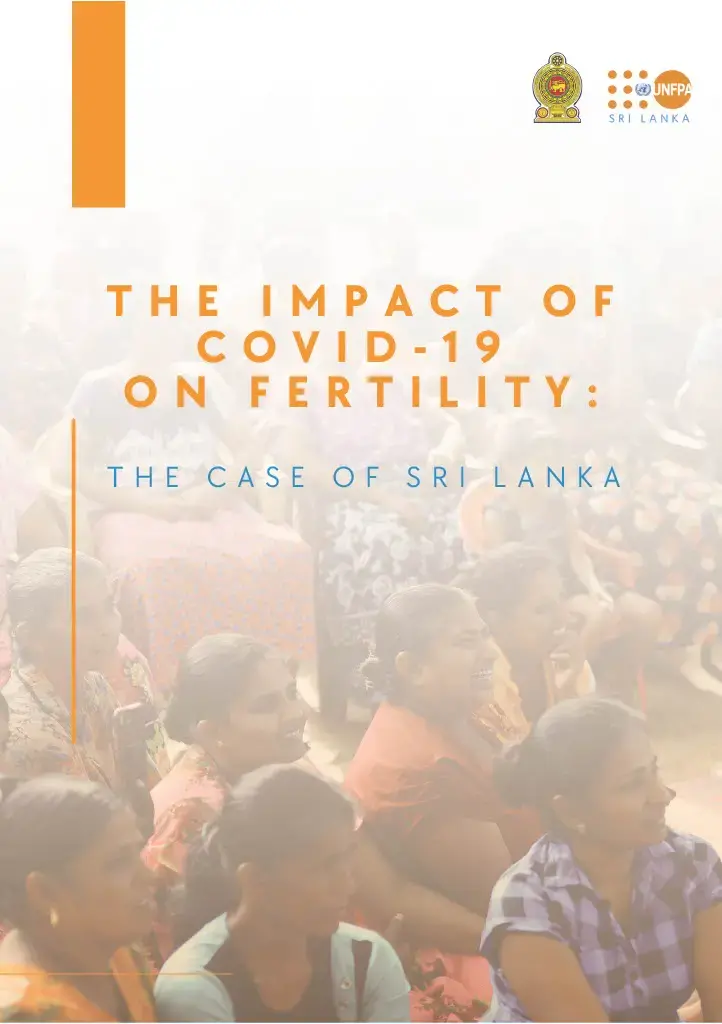This case study by Emeritus Professor Lakshman Dissanayake investigates the multifaceted effects of the COVID-19 pandemic on fertility rates and reproductive behaviors within the context of a developing nation facing significant economic vulnerabilities. As of December 2022, Sri Lanka recorded over 671,000 infections and 16,808 deaths due to the virus, leading to a dramatic escalation in the country’s pre-existing economic challenges. The pandemic intensified the decline in earnings from the tourism sector and disrupted essential foreign remittances, exacerbating fiscal imbalances and existing government debt. These factors contributed to an ongoing crisis that has left many in the population vulnerable.
This research explores how the pandemic has not only influenced fertility trends but also reshaped access to family planning services and healthcare delivery. It underscores the crucial relationship between the waves of the pandemic, economic instability, and demographic changes. Furthermore, the study highlights the significant shifts in social norms that have occurred during this period, particularly in relation to reproductive health and family planning.
By examining these dynamics, the publication aims to provide insights that are essential for predicting population changes in Sri Lanka and formulating effective policies that address the challenges posed by the pandemic. Understanding these interactions is vital for developing targeted interventions that can support vulnerable populations and enhance healthcare access in the post-pandemic landscape.


